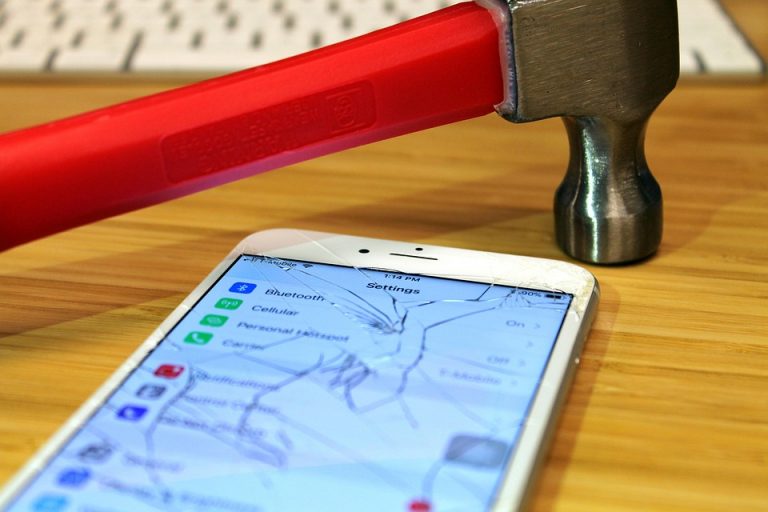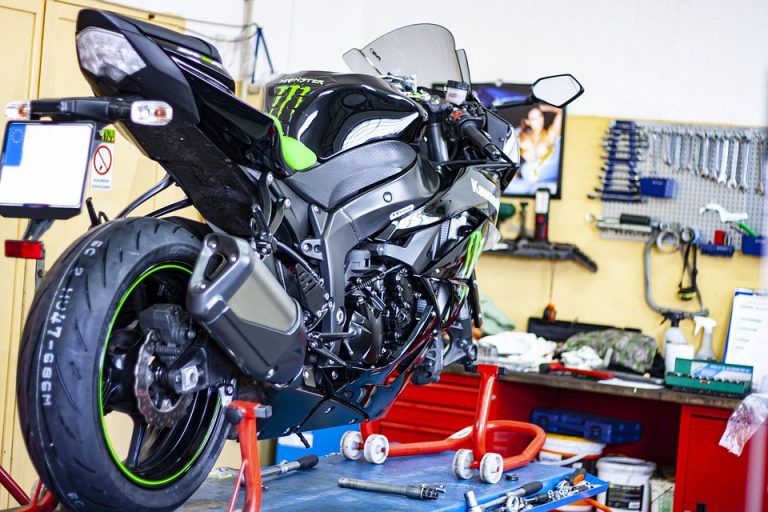Android app crashes can be a frustrating experience for users and developers alike. These unexpected failures don’t just ruin your day; they can impact your productivity, your mood, and sometimes even your safety. Understanding the intricacies behind these crashes is crucial for anyone who relies on their apps for daily tasks. In this article, we’ll uncover seven shocking facts about Android app crashes that will enlighten you and empower you to navigate this tech minefield with confidence.
Contents
- What Are Android App Crashes and Why Do They Matter?
- 1. Crashes Are More Common Than You Think
- 2. Memory Management Is a Major Culprit
- 3. Compatibility Issues Are a Silent Killer
- 4. User Behavior Plays a Role
- 5. Not All Crashes Are Created Equal
- 6. Crash Reporting Can Save the Day
- 7. Future Trends in App Stability
- Bottom Line
- FAQs
What Are Android App Crashes and Why Do They Matter?
An Android app crash occurs when an application stops functioning unexpectedly, often resulting in the app closing or freezing. These incidents can arise from various issues, including bugs in the code, memory leaks, or compatibility problems with newer Android versions.
Why should you care? First, crashes can lead to data loss, wasted time, and decreased productivity. For developers, crashes can tarnish an app’s reputation and affect its ratings on the Google Play Store. Ultimately, understanding why these crashes happen helps you make informed decisions about the apps you use and the devices you choose.
1. Crashes Are More Common Than You Think
Did you know that nearly 80% of users have experienced an app crash at some point? That’s a staggering statistic. The truth is, no matter how polished an app may seem, the likelihood of it crashing is a reality we all face.
Implications for Users
- Increased frustration
- Loss of important data
- Decreased trust in app developers
Implications for Developers
- Negative user reviews
- Lower app store rankings
- Increased support costs
2. Memory Management Is a Major Culprit
One of the leading causes of Android app crashes is poor memory management. Many apps demand significant resources, and when the system runs low on memory, it may terminate apps to free up space.
Key Takeaways
- Optimize your apps: Developers should focus on efficient memory usage to minimize crashes.
- Be mindful of background processes: Background tasks can consume valuable memory, leading to crashes if not carefully managed.
Resources for Developers
3. Compatibility Issues Are a Silent Killer
With a multitude of Android devices and versions in use, compatibility issues can be a hidden trigger for app crashes. An app that works flawlessly on one device might crash on another due to different hardware or software configurations.
What You Can Do
- Research device compatibility: Before downloading an app, read reviews to see if others have encountered issues on your specific device.
- Keep your software updated: Regular updates can fix bugs and improve compatibility.
4. User Behavior Plays a Role
Believe it or not, your actions can contribute to app crashes. Heavy usage, multitasking, and even how you interact with the app can lead to unexpected failures.
Common User Behaviors That Trigger Crashes
- Rapidly switching between apps
- Running high-memory applications simultaneously
- Ignoring app updates
Tips for Users
- Close unused apps: Keep your device running smoothly by limiting the number of apps open at once.
- Regularly update your apps: Developers push updates to fix bugs and improve stability.
5. Not All Crashes Are Created Equal
It’s essential to understand that crashes can be categorized into different types. Some are temporary and fixable with a simple restart, while others may stem from deeper issues in the app’s code.
Types of Crashes
- Fatal Exceptions: These crashes occur due to critical errors in the app.
- ANR (Application Not Responding): This happens when an app takes too long to respond, often due to heavy processing.
What This Means for You
- Temporary fixes: Sometimes, simply restarting the app can resolve the issue.
- Report bugs: If you encounter a persistent crash, report it to the developer for a chance at a fix.
6. Crash Reporting Can Save the Day
Crash reporting tools are invaluable for developers. They provide insights into what caused the crash, allowing for quicker fixes and improved user experiences. Apps like Firebase Crashlytics can help developers track and address crashes effectively.
Benefits of Crash Reporting
- Real-time insights: Understand when and why crashes happen.
- User feedback: Collect data from users to improve app performance.
For Users
- Enable crash reporting: Allow apps to send crash reports to help developers fix bugs faster.
7. Future Trends in App Stability
As technology advances, so do the methods for preventing app crashes. Machine learning and AI are now being integrated into app development to predict and mitigate crashes before they happen.
What to Look Forward To
- Predictive algorithms: Expect apps to become smarter in managing resources and adapting to user behavior.
- Enhanced testing protocols: Developers will utilize more robust testing methods to catch issues before an app goes live.
For Users
- Stay informed: Keep an eye out for updates that promise improved stability and performance.
Bottom Line
Understanding Android app crashes is essential for anyone who relies on mobile applications. With the knowledge of these seven shocking facts, you can navigate the app landscape more effectively, whether you’re a user or a developer. Remember, crashes are common but manageable with the right approach.
Call to Action
Stay proactive! Keep your apps updated, use them wisely, and report any issues you encounter. Together, we can foster a smoother, crash-free experience in the digital world.
FAQs
1. What should I do if an app crashes frequently?
Check for updates, restart your device, and consider reporting the issue to the developer.
2. Are app crashes harmful to my device?
Generally, no. However, frequent crashes can lead to data loss or affect the device’s performance over time.
3. How can I prevent app crashes?
Keep your apps updated, manage your device’s memory wisely, and report any issues to developers.
By equipping yourself with knowledge and proactive habits, you can make your Android experience much more enjoyable and reliable.








